Globe Had Eighth Warmest August On Record

The globe had its eighth warmest August since record keeping began in 1880, according to a NOAA study.
Study Predicts Sea Level Rise May Take Economic Toll On California Coast

California beach towns could face hefty economic losses caused by sea level rise in the next century, according to a new state-commissioned study conducted by economists at San Francisco State University.
Sea Levels Much Less Stable Than Earlier Believed
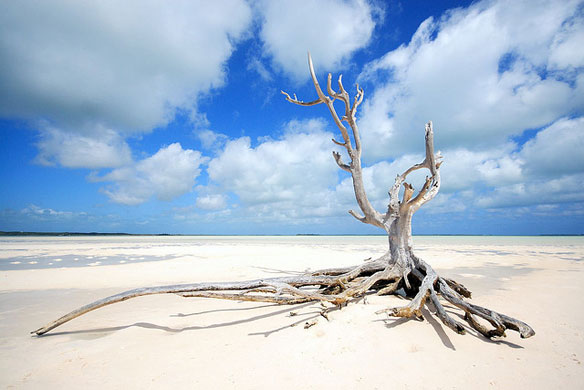
New evidence of sea-level oscillations during a warm period that started about 125,000 years ago raises the possibility of a similar scenario if the planet continues its more recent warming trend, new coral dating method suggests.
Arctic Ice Cover Hits Historic Low
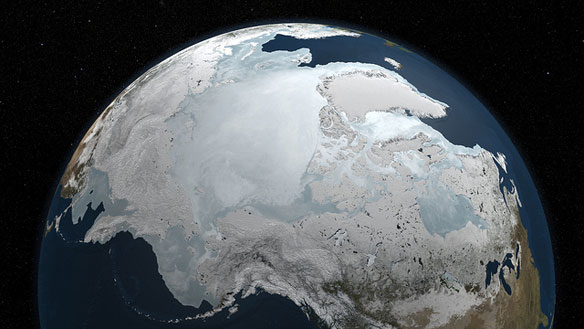
The area covered by Arctic sea ice reached it lowest point this week since the start of satellite observations in 1972, German researchers announced on Saturday.
Kiribati ponders floating island to fight sea rise
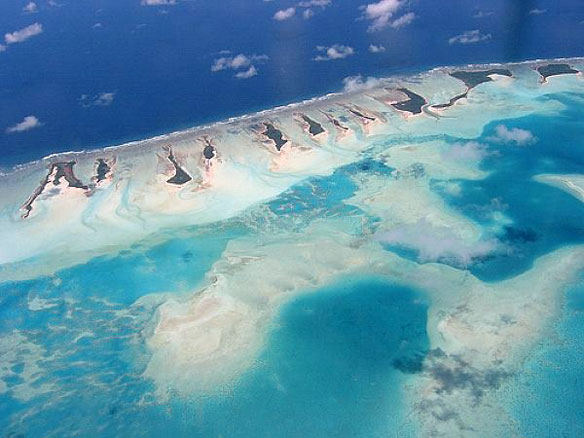
The Pacific Islands Forum opened with a passionate plea from Kiribati for help staving off rising seas caused by climate change, as he is considering ideas such as building a floating island…
Floating Cities: Strategies of Adaptation And Long-Lasting Anticipation ?
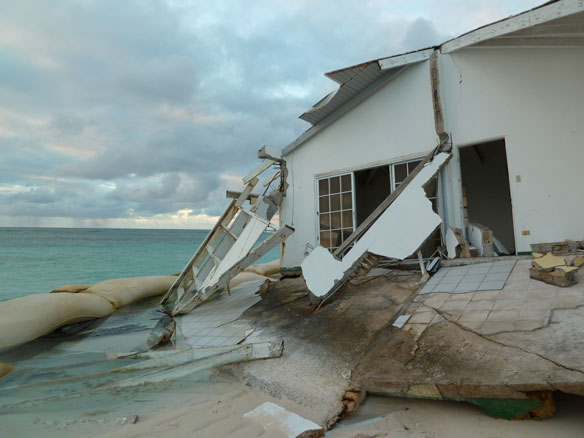
Climate change is redefining the rules by which we live and at a pace we never expected. Because of rising sea level, several areas of the globe are in danger of vanishing from the map, disappearing under water. Society must adapt and maybe, one day, live in floating houses. Emerging designs and technologies promote the concept of living with natural flooding instead of resisting it …
NASA Satellites Detect Pothole on Road to Higher Seas
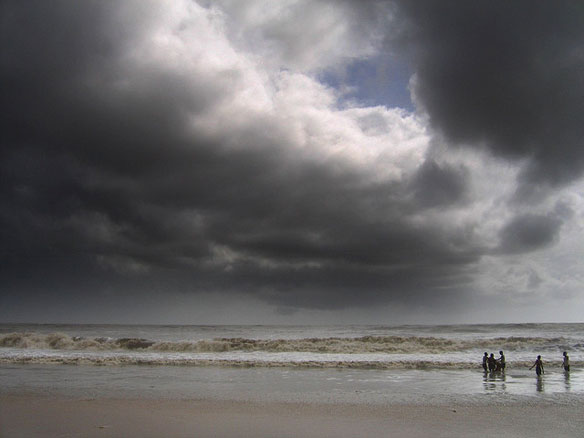
Like mercury in a thermometer, ocean waters expand as they warm which contributes to drive sea levels higher over the long term. For the past 18 years, the U.S./French Jason-1, Jason-2 and Topex/Poseidon spacecraft have been monitoring the gradual rise of the world’s ocean in response to global warming.This year, continents got extra dose of rain, so much so that global sea levels actually fell over most of the last year.
Pacific Walruses Studied as Sea Ice Melts
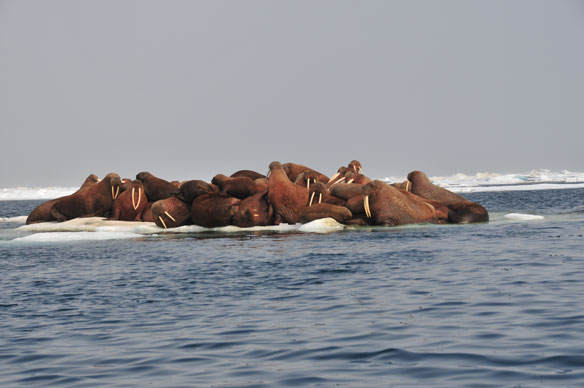
The extent of sea ice has been less in recent summers, and large herds of walruses have been hauling out on beaches in Alaska and Russia in the past few years, forsaking sea ice for sand in what has become a symbol of climate warming. Studies show that In 2010, walruses came ashore in late August, and this year, the sea ice disappeared from the shelf earlier, and walruses have already begun to come ashore.
Ice-shelf collapse from subsurface warming as a trigger for Heinrich events.
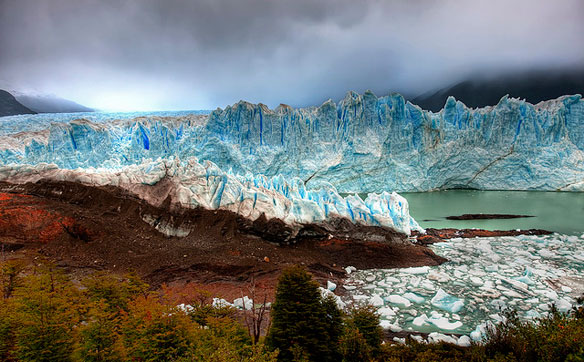
An analysis of prehistoric “Heinrich events”creating mass discharges of icebergs into the North Atlantic Ocean, make it clear that very small amounts of subsurface warming of water can trigger a rapid collapse of ice shelves, scientists say.
